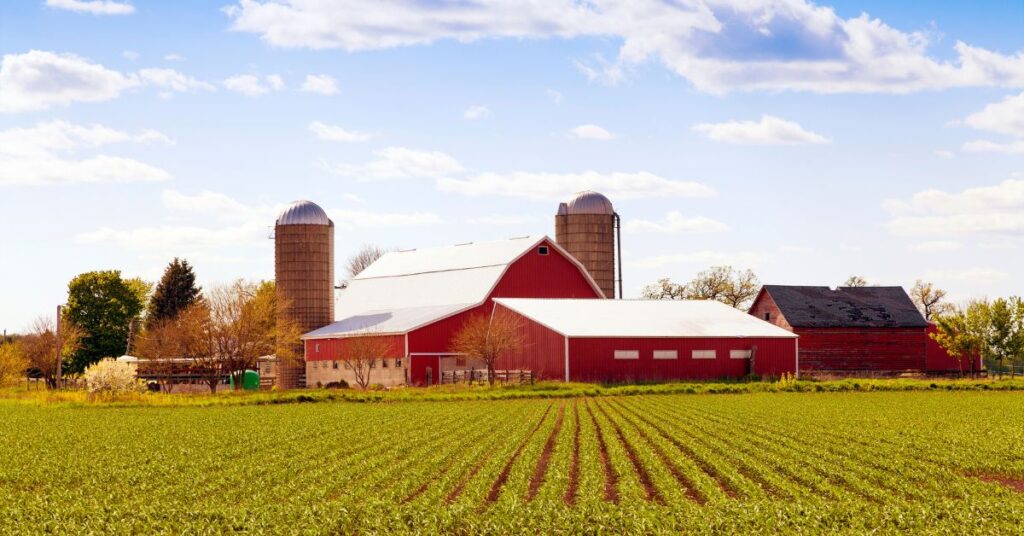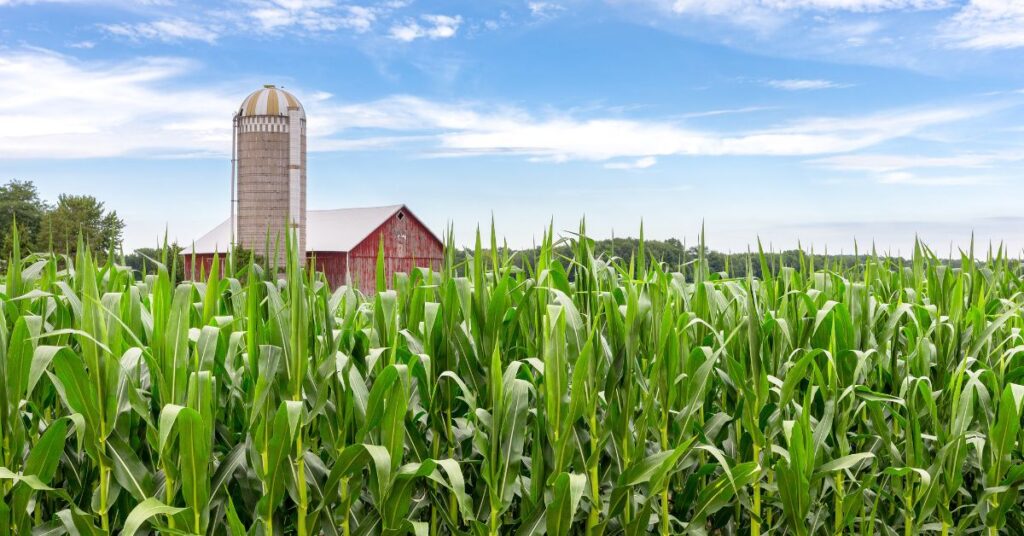Understanding the true value of agricultural property is a foundation for financial stability, informed decision-making, and effective legacy planning. Whether you’re thinking about selling, expanding, or passing farmland down to the next generation, knowing a farm’s worth can shape strategies and prevent costly mistakes.
Farm valuation isn’t as straightforward as valuing a residential home or a commercial plot. The complexity stems from its multifaceted use and intrinsic ties to the land’s productive potential. For inheritors especially, farm valuation plays an essential role in estate planning, uncovering potential tax burdens, and ensuring fairness during property division.
This guide dives into the various considerations in farm valuation that will help farmers and inheritors understand what it’s worth.
Understanding the Basics of a Farm Valuation
Farm valuation determines how much an agricultural property is worth in today’s market. Beneath this simple concept lie several layers of methodology and factors that require more knowledge. Farms are functional pieces of real estate with income-generating potential, making their valuation fundamentally different from other property types.
Assessing farm value involves analyzing tangible and intangible assets. Tangible assets—the land, buildings, and equipment—require careful consideration. Intangible elements, such as soil productivity, crops, or historical profitability, also matter. A valuation takes into account what the farm offers right now and its capacity to generate income over time.
Key Factors Influencing a Farm Valuation
Several unique factors determine the value of an agricultural property. Proximity to relevant markets, transportation hubs, and local zoning laws can swing property values.
Likewise, the quality of the soil affects a farm’s value. Productive land with nutrient-rich soil, good drainage, and minimal erosion will hold far greater value than less fertile land. Infrastructure, such as irrigation systems, storage barns, fencing, and road access, also contributes to worth.
External market conditions factor into valuation, too. Shifts in commodity prices, demand for particular crops, and interest rates are a few economic variables that affect farmland worth and underscore the dynamic nature of its valuation.
Common Valuation Methods Used for Farms
The methodologies used to value farms offer distinct advantages depending on the farm type and intended purpose of the valuation.
The income capitalization approach is common for farmland, particularly when the property generates consistent income from crops or livestock. By analyzing historical and projected income relative to expenses, appraisers can estimate what the future cash flow of a farm might look like, determining its present-day value.
The sales comparison approach works by analyzing recently sold farms with similar characteristics in the region. While straightforward and reliable for residential real estate, this method can be challenging in rural locations where sales data for comparable farms are sparse.
The cost approach considers the value of the land itself and the cost of replacing or reconstructing its improvements, such as buildings and irrigation systems. Though seldom the sole method, this approach is helpful for analyzing farms with substantial infrastructure investments.

Preparing for a Farm Valuation
Before embarking on the valuation process, gather the necessary documentation and have a holistic understanding of your property. Accurate records of crop yields, soil tests, and property tax assessments provide insights for professional appraisers.
Additionally, you should have clear descriptions of infrastructure, operational equipment, and pending leases or agreements. Don’t forget photographic evidence! Capturing images of barns and irrigation systems, for instance, provides clarity if discrepancies or questions arise later.
The Role of Professional Appraisers in Farm Valuation
Though it is possible to calculate farm value independently, working with a professional farm appraiser is a worthwhile decision. Qualified appraisers bring an objective, expert perspective that minimizes sentimentality—something that’s particularly important for multi-generation families evaluating inherited property.
A credible appraiser will be familiar with farm valuation techniques and factors affecting the market. When selecting an appraiser, confirm their experience with agricultural properties. They should also have a deep understanding of local land markets and certifications, such as those issued by the American Society of Farm Managers and Rural Appraisers (ASFMRA).
Farm Valuation in Estate Planning
An accurate farm valuation is the backbone of estate planning. Knowing the value of the land ensures equitable division and smoother transitions during inheritance processes for families passing property from one generation to the next.
Farms can carry deep emotional value for families, and disagreements can arise if valuations are unclear or subjective. Having a professionally calculated valuation maintains fairness, protects familial relationships, and respects each member’s expectations.
Farm valuation also assists in crafting detailed wills and trust frameworks, allowing farmers to designate who receives specific parcels of land or assets without causing misunderstandings or disputes.

Overcoming Challenges in Farm Valuation
Farm valuation isn’t without hurdles. One of the most significant challenges arises with limited or nonexistent comparable sales data, particularly in remote agricultural areas. This limitation can make it difficult to pin down exact property values using traditional sales comparisons. Fortunately, this isn’t always the case. You can find a wide range of farmland for sale in Iowa conveniently listed with relevant data, helping buyers assess the value of the property.
Additionally, the uniqueness of individual farms—be it their specialized infrastructure or niche crops—poses another challenge. Standard appraisal methods may fail to account for these distinctive features, requiring creative assessment techniques. To overcome these difficulties, working with a specialized appraiser or consulting regional agricultural extensions can uncover the nuances that influence valuation.
Making Confident Decisions With Accurate Farm Valuation
Accounting for different considerations in farm valuation is a good strategy for financial stability, forward planning, and legacy preservation. Whether you are a farmer looking to expand your operation or an inheritor navigating complex estate issues, understanding the worth of agricultural property prepares you for the future.
By grasping the principles, preparing documentation, and working with experts, you can approach valuation confidently and make sensible decisions—be it selling, passing on land, or optimizing the farm. Investing time and effort into accurate valuation is always worth it for farmland because of its importance. Use your new understanding of farmland valuation to navigate the market with ease today.

